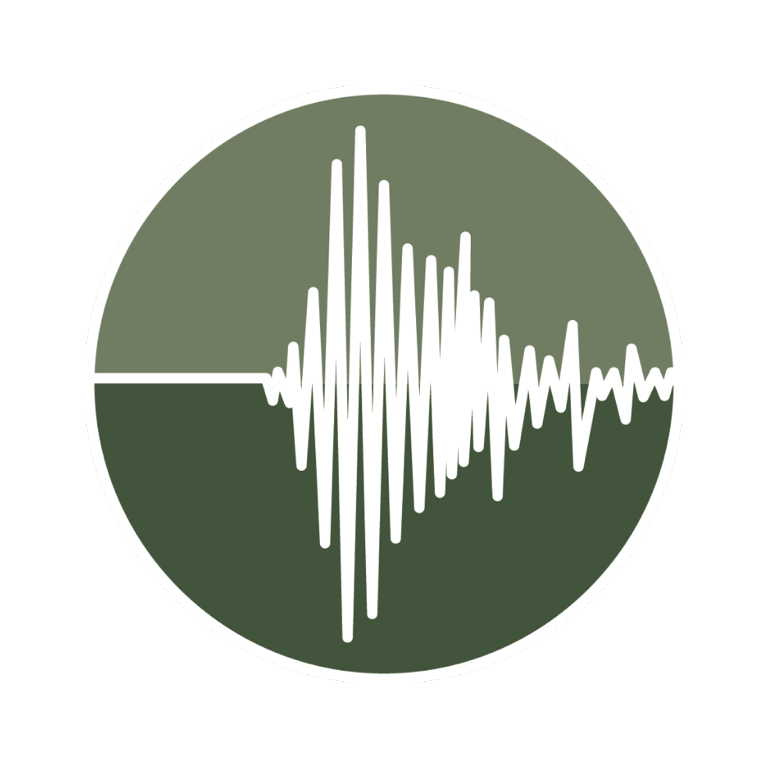SEISMOLOGY
DESCRIPTION
The TCS Seismology Consortium, formally established in October 2019, coordinates seismological efforts across Europe through its three foundational pillars: waveform data, seismological products, and seismic hazard and risk information. These efforts rely on the contributions of national academic institutions and governmental agencies, ensuring seamless integration of data and services. The Consortium fosters collaboration among key European organizations—ORFEUS, EMSC, and EFEHR—supported by community representatives and the European Seismological Commission (ESC).
● Established: October 2019
● Founding Organizations / Parties : 3 (ORFEUS, EMSC, EFEHR), which in turn represent more than 170 Euro-Mediterranean seismological institutions
● Community Representatives: Up to 3
● Observer: European Seismological Commission (ESC)
● Chair:
o Margarita Segou (EMSC), since 2024
o Florian Haslinger (EMSC), until 2023
o Lars Ottemöller (ORFEUS), until 2022
● Secretary:
o Anastasia Kiratzi, since 2023
o Florian Haslinger, until 2022
GOVERNANCE
EPOS Seismology ensures coordination among its three thematic domains (waveforms/ORFEUS, seismological products/EMSC, and seismic hazard/risk information/EFEHR). It also represents EPOS Seismology within EPOS. Governance structures of the member organizations guide decision-making, member representation, and duties. National infrastructures, as primary data and product providers, underpin the services distributed through European-level platforms.
CONSORTIUM COMPOSITION
● Member Organizations:
o Belgium
Royal Observatory of Belgium (ORB).
o France
National Center for Scientific Research (CNRS).
Euro-Mediterranean-Euro-Mediterranean Seismological Center.
Seismological Center (CSEM-EMSC).
Institute of Physics of the Globe in Paris.
Commissioner for Atomic Energy and Alternative Energy (CEA).
o Germany
GFZ Helmholtz Center for Geosciences.
Ludwig Maximilian University of Munich (LMU).
Bundesanstalt für Geowissenschaften und Rohstoffe / Federal Institute for Geosciences and Natural Resources (BGR).
o Greece
Aristotle University of Thessaloniki.
Institute of Engineering Seismology and Earthquake Engineering (ITSAK).
National Observatory of Athens.
University of Patras.
o Italy
National Institute of Geophysics and Volcanology (INGV).
Eucentre.
o Netherlands
Observatories and Research Facilities for EUropean Seismology (ORFEUS).
Royal Dutch Meteorological Institute / Royal Netherlands.
Meteorological Institute (KNMI)
o Norway
University of Bergen (UiB).
NORSAR.
o Portugal
Portuguese Institute of the Sea and Atmosphere (IPMA).
o Romania
National Institute for Earth Physics (NIEP).
o Slovenia
Agency of the Republic of Slovenia for the Environment / Slovenian Environment Agency (ARSO).
o Spain
Cartographic and Geological Institute of Catalonia (ICGC).
Geosciences Barcelona (GEO3BCN-CSIC).
o Switzerland
Swiss Earthquake Service (SED).
o Republic of Türkiye
Kandilli Observatory and Earthquake Research Institute (KOERI).
Republic of Türkiye's Disaster and Emergency Management Presidency (AFAD).
o United Kingdom
British Geological Survey (BGS)SEIS-UK.
European Facilities for Earthquake Hazard and Risk (EFEHR).
CONTACT
o Consortium Secretary: Anastasia Kiratzi (AUTH) - Kiratzi@geo.auth.
o Chair: Margarita Segou (EMSC).
